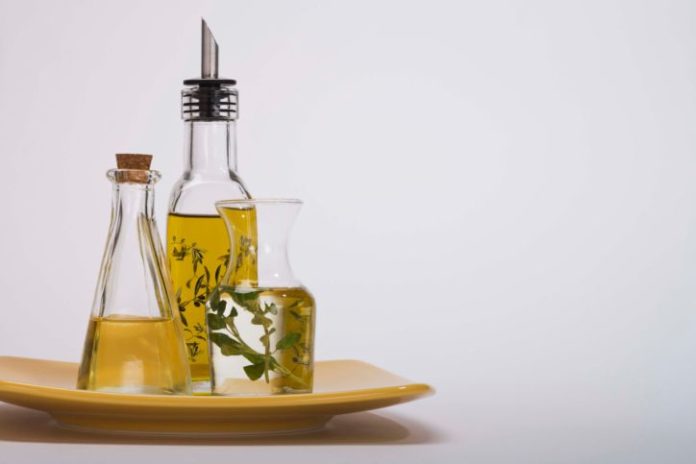Deakin University researchers are investigating the anti-inflammatory properties of virgin olive oil to see if it as the potential to protect against the inflammation involved in muscle wasting conditions such as muscular dystrophy.
The target of their research is oleocanthal, a compound found in virgin olive oil which has a similar anti-inflammatory action as ibuprofen.
“It has been found that 25-50ml of extra virgin olive oil provides around 10 per cent of the anti-inflammatory effect of one dose of ibuprofen,” explained Lisa Lucas, a Deakin School of Exercise and Nutrition Sciences PhD student working on the project.
“The Mediterranean population consume this quantity of virgin olive oil as part of their everyday diet and have a low risk of chronic inflammatory disease, such as rheumatoid arthritis, therefore long term low doses of virgin olive oil may have a protective effect on inflammatory disease due in part to the effects of oleocanthal,” Ms Lucas said.
“Some anti-inflammatory drugs may have an adverse effect on the process of muscle maintenance which is of particular concern for older people needing to take this medication, as reductions in muscle can result in an increased risk of falls and fractures.
“While not suggesting that virgin olive oil is a substitute for taking ibuprofen we may just find that a daily dose of olive oil over a long period of time could reduce the need to take these medications on a regular basis.”
The initial focus of Ms Lucas’s study is to test if there is a connection between a person’s sensitivity to the throat irritation caused by oleocanthal and the effect it has on muscle cells.
“Oleocanthal has a peppery bite to it, so I am looking for 300 people to take part in a taste test so that I can measure their levels of sensitivity to this sensation,” Ms Lucas said.
“Those found to be highly sensitive and highly insensitive to the taste of oleocanthal will be invited to take part in the next phase of the study that will look at the effect this natural anti-inflammatory has on their muscle cells.”
The Deakin researchers are calling for people, and their taste buds, to take part in the study of the anti-inflammatory properties of olive oil.
Anyone interested in taking part in the study can contact Ms Lucas on 03 9251 7286 or email ljlu@deakin.edu.au
Source: Deakin University










